Life
Sign up for our newsletter
We summarize the week's scientific breakthroughs every Thursday.
-
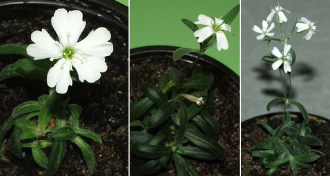 Plants
Plants50 years ago, a 550-year-old seed sprouted
Old seeds can sprout new plants even after centuries of dormancy.
-
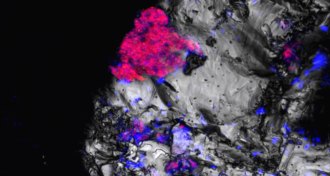 Earth
EarthThese light-loving bacteria may survive surprisingly deep underground
Traces of cyanobacteria DNA suggest that the microbes live deep below Earth’s surface.
-
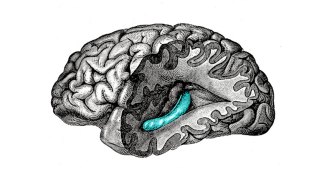 Neuroscience
NeuroscienceHow your brain is like a film editor
A brain structure called the hippocampus may slice our continuous existence into discrete chunks that can be stored as memories.
-
 Chemistry
ChemistrySpeeding up evolution to create useful proteins wins the chemistry Nobel
The three winners, which include the fifth woman to win the chemistry prize, pioneered techniques used to fashion customized proteins for new biofuels and drugs.
By Laurel Hamers and Maria Temming -
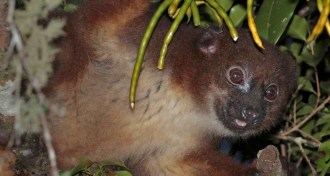 Life
LifeLemur study suggests why some fruits smell so fruity
A new test with lemurs and birds suggests there’s more to fruit odors than simple ripening.
By Susan Milius -
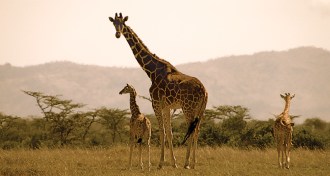 Animals
AnimalsGiraffes inherit their spots from their mothers
Africa’s tallest creatures get their characteristic patterns of spots from their moms, a new study finds.
-
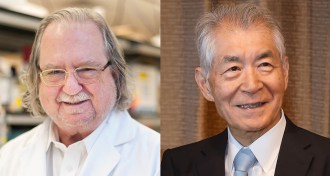 Health & Medicine
Health & MedicineDiscovery of how to prod a patient’s immune system to fight cancer wins a Nobel
Two scientists share the 2018 medicine Nobel for identifying proteins that act as brakes on tumor-fighting T cells.
By Tina Hesman Saey and Aimee Cunningham -
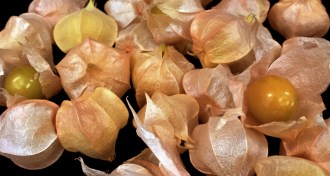 Plants
PlantsGene editing can speed up plant domestication
CRISPR/Cas9 replays domestication to make better ground cherries and tomatoes.
-
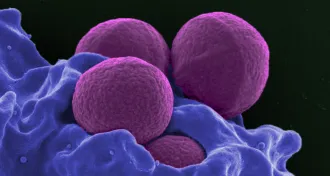 Genetics
GeneticsSmuggling a CRISPR gene editor into staph bacteria can kill the pathogen
A new way fight antibiotic-resistant bacteria co-opts toxin-producing genes.
-
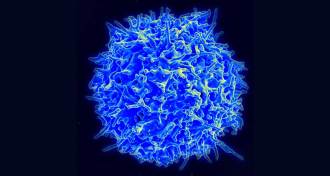 Life
LifeCancer immunotherapy wins the 2018 medicine Nobel Prize
Therapies that unleash immune system brakes against cancer have earned the 2018 Nobel Prize in physiology or medicine.
By Tina Hesman Saey and Aimee Cunningham -
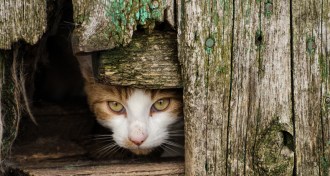 Animals
AnimalsFeral cats appear to be pathetic at controlling New York City’s rats
When cats are on the prowl, rats may become harder to see, but roaming cats actually killed only a few.
By Susan Milius -
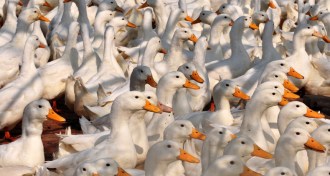 Life
LifeIn China, a deadly strain of bird flu now easily infects ducks
H7N9 evolved the ability to infect ducks just as a vaccine for chickens came into use.